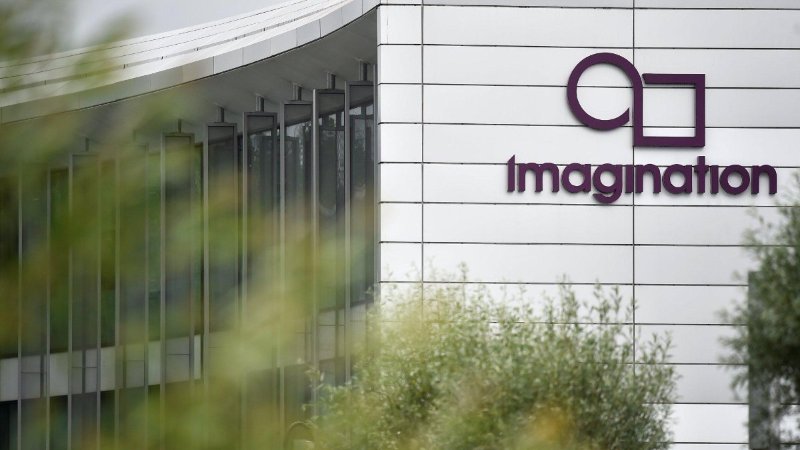Imagination sells itself
September 23, 2017 | Expert Insights

Imagination Technologies, the UK-based chip maker that used to provide Apple with its mobile graphics components, has agreed to sell itself to Canyon Bridge, a Silicon Valley-based private equity firm backed by the Chinese fund Yitai Capital. The news, first reported today comes nearly six months after Apple, Imagination’s biggest customer, announced that it would no longer require the company’s services. Canyon Bridge is paying £550 million ($743.2 million) for the deal.
Background
Canyon Bridge was founded with capital originating from China’s central government and had indirect links to Beijing’s space program. It currently manages about $1.5 billion on behalf of Yitai Capital Ltd, a Chinese state-owned company.
Imagination, whose graphics power Apple Inc’s (AAPL.O) iPhone, licenses graphics and video-processing technology to semiconductor companies. But shares in the once-great European tech success story hit the skids in April when Apple, its biggest customer, said it would stop using its graphics technology in its new products, causing Imagination shares to crash 70 percent. The two firms got into a legal dispute over royalties at the moment.
Canyon Bridge
Headquartered in Silicon Valley and with an office in Beijing, Canyon Bridge is focused on providing equity and strategic capital to enable technology companies to reach their full growth potential. Canyon Bridge have collectively nearly 100 years of experience in the global technology, private equity, and M&A markets.
Imagination Technologies
Imagination Technologies Group plc is a British-based technology company, focusing on semiconductor and related intellectual property licensing. It markets PowerVR mobile graphics processors and MIPS embedded microprocessors. It also supplies radio baseband processing, networking, digital signal processor, video & audio hardware, etc.
Analysis
Apple’s announcement, back in April, halved Imagination’s stock price almost overnight, creating an existential crisis for the firm. At the time, Apple confirmed it was bringing mobile graphics development in-house, a move that eventually manifested itself in the A11 Bionic chip revealed during the iPhone 8 and iPhone X hardware event earlier this month.
The chip, designed specifically to help with graphics-intensive operations like artificial intelligence and augmented reality, is part of a big push to differentiate Apple’s smartphone line from competitors’, relying on the company’s signature optimization of hardware and software.
In June, Imagination said it was putting itself up for sale. The company had been looking into taking legal action to explore whether Apple could bring GPU development in-house without infringing on its technology.
Apple's royalty payments for the chip technology, used in its iPhones, iPads and iPods is accounted for about half of Imagination's revenues.
Ray Bingham, a partner at Canyon Bridge, said: "We are investing in UK talent and expertise in order to accelerate the expansion of Imagination, particularly into Asia, where its technology platform will lead the continued globalisation of British-developed innovation."
Bingham also said that with its support, Imagination would “continue to invest in developing its technology, attract and hire the best engineers, and acquire and service customers globally.”
He further added, “We are investing in UK talent and expertise in order to accelerate the expansion of Imagination, particularly into Asia, where its technology platform will lead the continued globalisation of British-developed innovation.”
Andrew Heath, Imagination’s chief executive, called the proposed deal a “very good outcome” for shareholders.
Assessment
Our assessment is that Imagination has made an excellent progress both operationally and financially over the last 18 months. The acquisition will ensure that Imagination with its strong growth prospects provides shareholders with a very good outcome and provides execution certainty at a time when the future of the business has been negatively impacted by the actions of Apple.








Comments